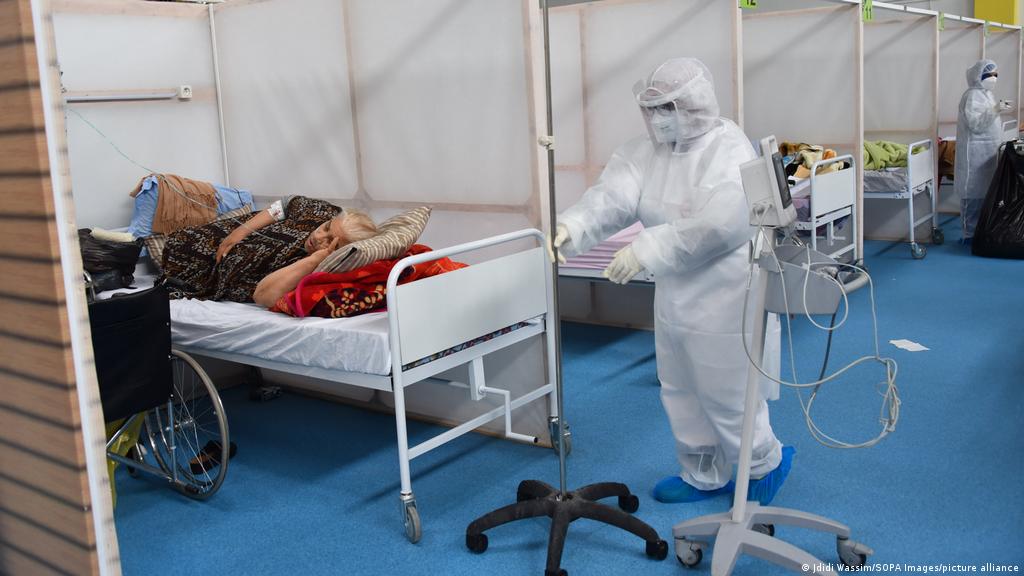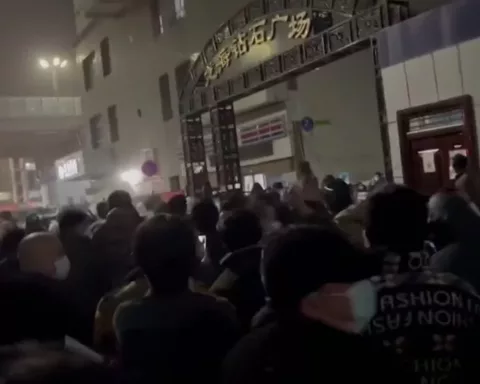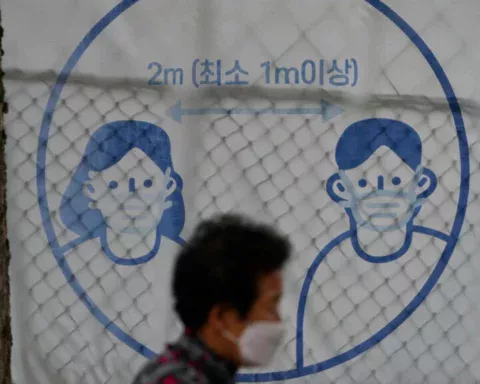Several member states reacted to Tunisia’s request, including Austria, Belgium, Germany, Spain, France, Luxembourg, Malta, Norway, Portugal, Latvia, Czechia, Croatia and Romania. Close to 1.3 million vaccine doses, and almost 8 million face masks, along with antigen tests, ventilators, oxygen concentrators, nursing beds and other vital medical equipment have been already delivered. Furthermore, a medical team from Romania arrived on 9 August in Tunis to provide additional support. More deliveries are expected to arrive throughout the month.
Janez Lenarčič, Commissioner for Crisis Management said: “I thank all the EU member states who promptly responded to Tunisia’s request for assistance and the European Civil Protection Mechanism that made this possible thanks to a swift coordination. This is a true example of the spirit of solidarity that drives the EU operations. Together with member states, the EU will keep ensuring international access to vaccines, medical equipment and other support to end the pandemic.”
In addition, the EU has released €700,000 from its Epidemics Tool to respond to the ongoing COVID-19 outbreak in Tunisia. The funding will help to address immediate and critical needs related to COVID-19 case management. It will also be used for coordination and support of the vaccination campaign in Tunisia.
Background
The objective of the EU Civil Protection Mechanism is to strengthen cooperation between the EU Member States and 6 Participating States in the field of civil protection, with a view to improve prevention, preparedness and response to disasters. When the scale of an emergency overwhelms the response capabilities of a country, it can request assistance via the Mechanism. Through the Mechanism, the European Commission plays a key role in coordinating the response to disasters in Europe and beyond and contributes to at least 75% of the transport and/or operational costs of deployments.
Following a request for assistance through the Mechanism, the Emergency Response Coordination Centre mobilises assistance or expertise. The Centre monitors events around the globe 24/7 and ensures rapid deployment of emergency support through a direct link with national civil protection authorities. Specialised teams and equipment, such as forest firefighting planes, search and rescue, and medical teams can be mobilised at short notice for deployments inside and outside Europe.
Any country in the world, but also the United Nations and its agencies or a relevant international organisation, can call on the EU Civil Protection Mechanism for help. In 2020, the Mechanism was activated more than 100 times. For example, to respond to the coronavirus pandemic; the explosion in Beirut in Lebanon; floods in Ukraine, Niger and Sudan; the earthquake in Croatia; and tropical cyclones in Latin America and Asia.






